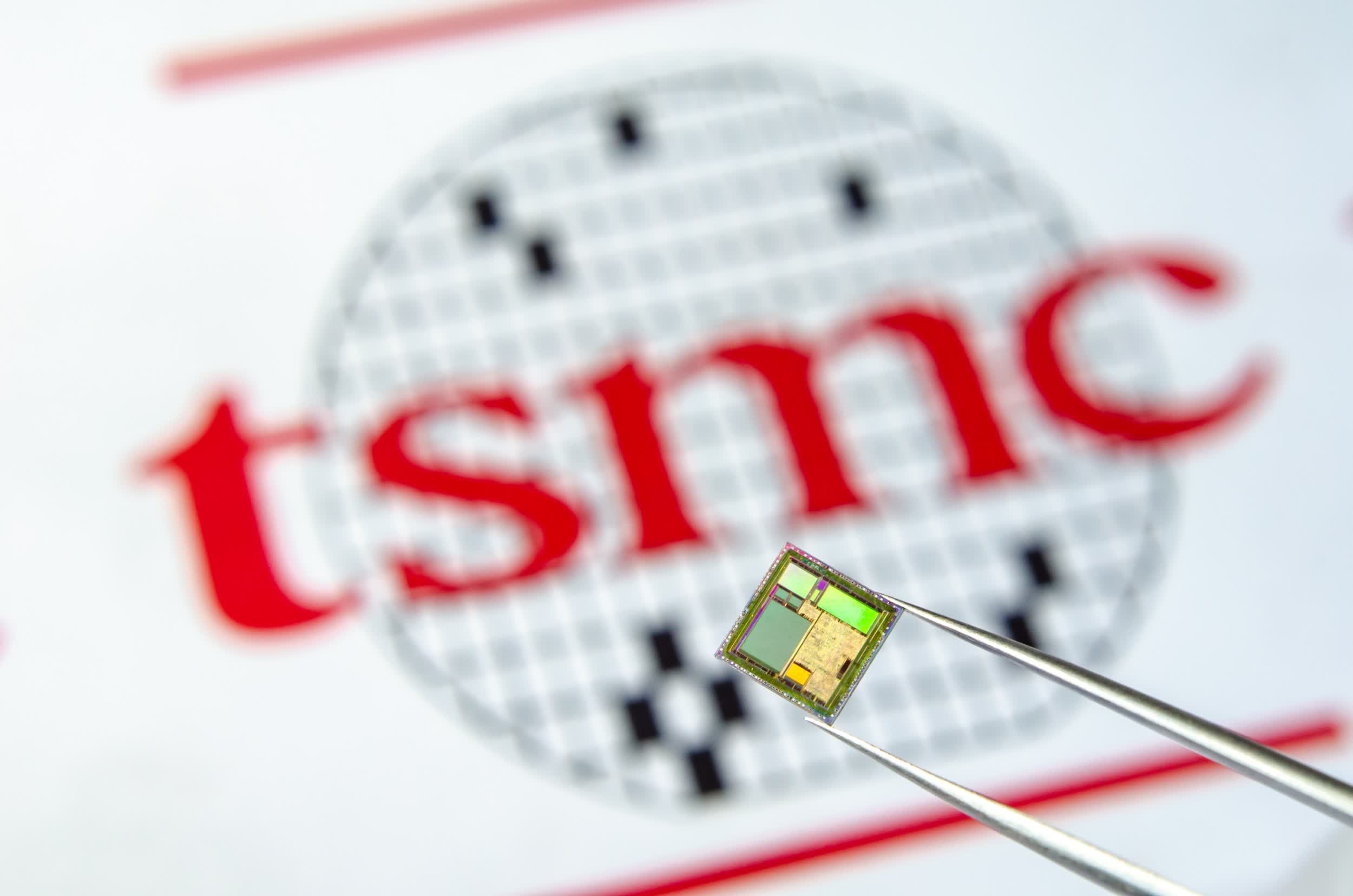The big picture: The number of transistors on an integrated circuit have roughly doubled every two years or so since the early 1970s as observed by Moore's law. Eventually (and probably not too much longer from now), Moore's law will end as it'll simply be impossible to shrink the hardware down any further.
Taiwan Semiconductor Manufacturing Company, or TSMC for short, has made a major breakthrough in the development of its 2nm manufacturing process.
As GizChina recounts, TSMC established a research and development team last year to identify a development path for 2nm. Supply chain sources claim TSMC has settled on a new multi-bridge channel field effect transistor (MBCFET) architecture that apparently solves the physical limits associated with the use of FinFET current control leakage from process shrinkage.

The publication also reminds us that TSMC previously said its 2nm R&D and production would take place in Baoshan (China) and Hsinchu, which is in Taiwan. The company further noted it is planning to have four ultra-large wafer fabs covering more than 222 acres.
Sources say the company is optimistic that it can reach a risk trial production yield of at least 90 percent by the second half of 2023 ahead of mass production in 2024. It's unclear if the ongoing pandemic will impact this schedule.
Image credit: anyaivanova, Ascannio
